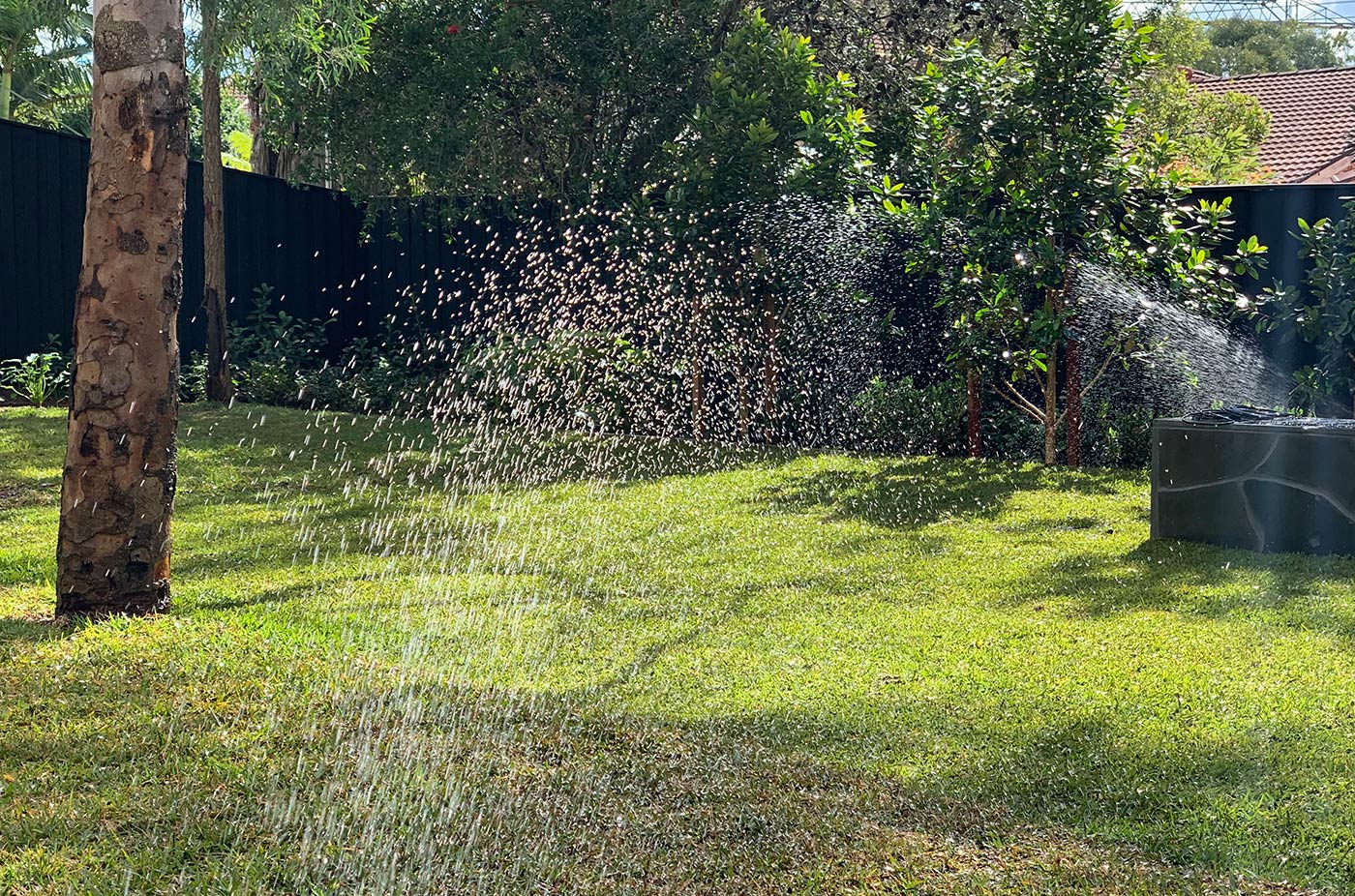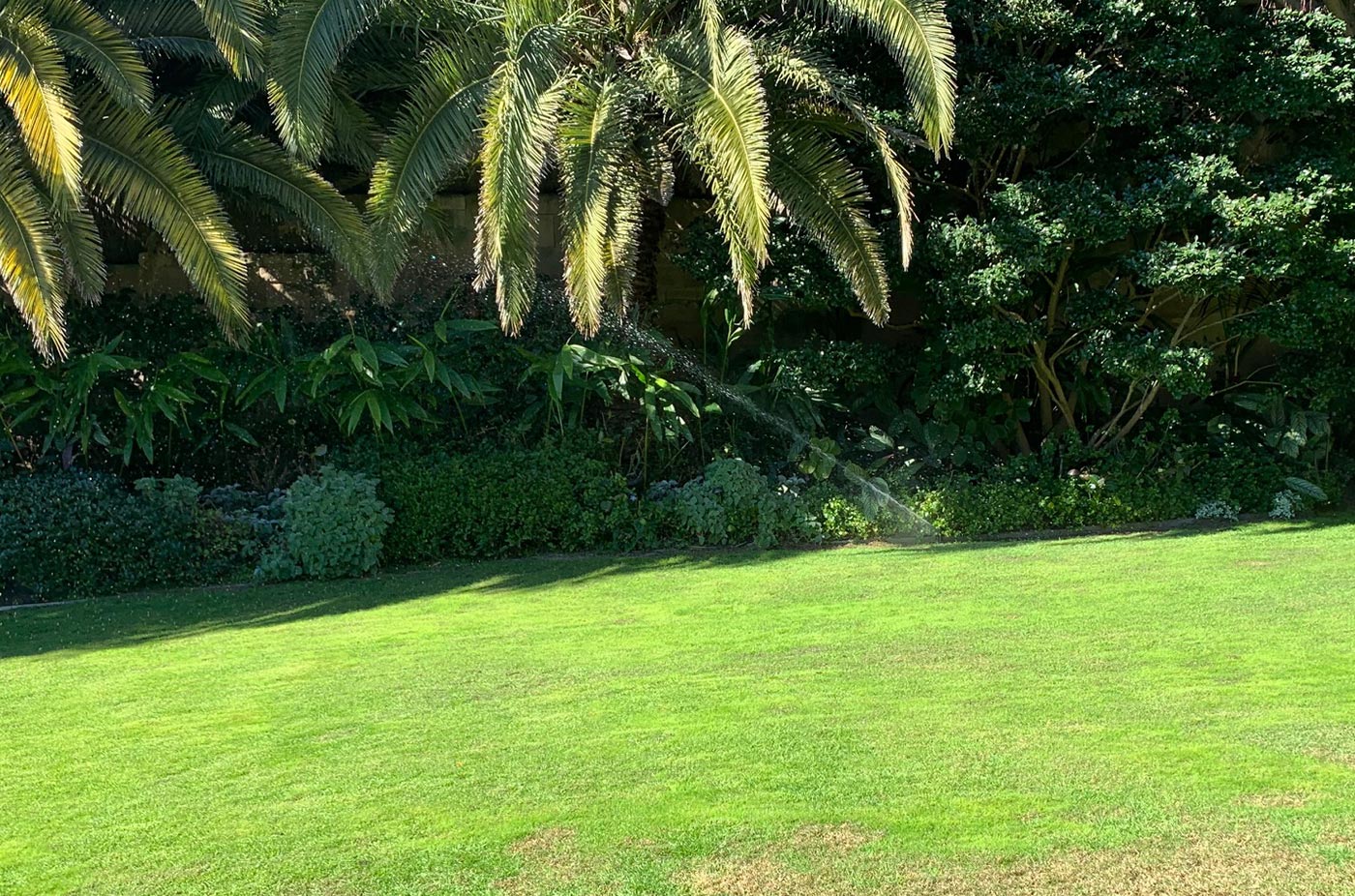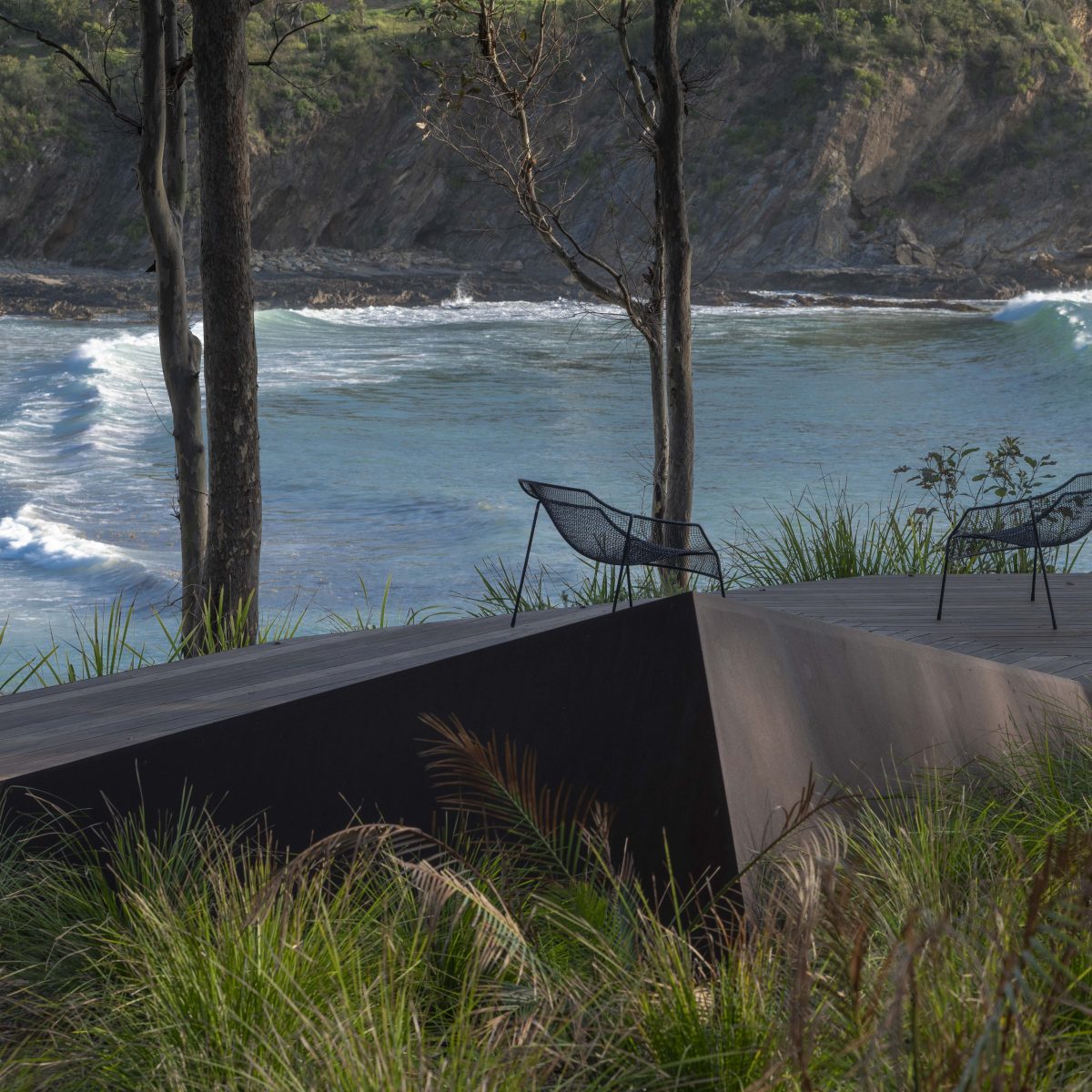Why install an irrigation system?
There’s no shortage of good intentions in the world of gardening and everyone thinks they’re going to have time to get outside and water by hand, only to find that life gets in the way. The biggest problem is that, by the time the garden starts looking sad and wilted, prompting homeowners to get out with the hose, the damage can be difficult to reverse.
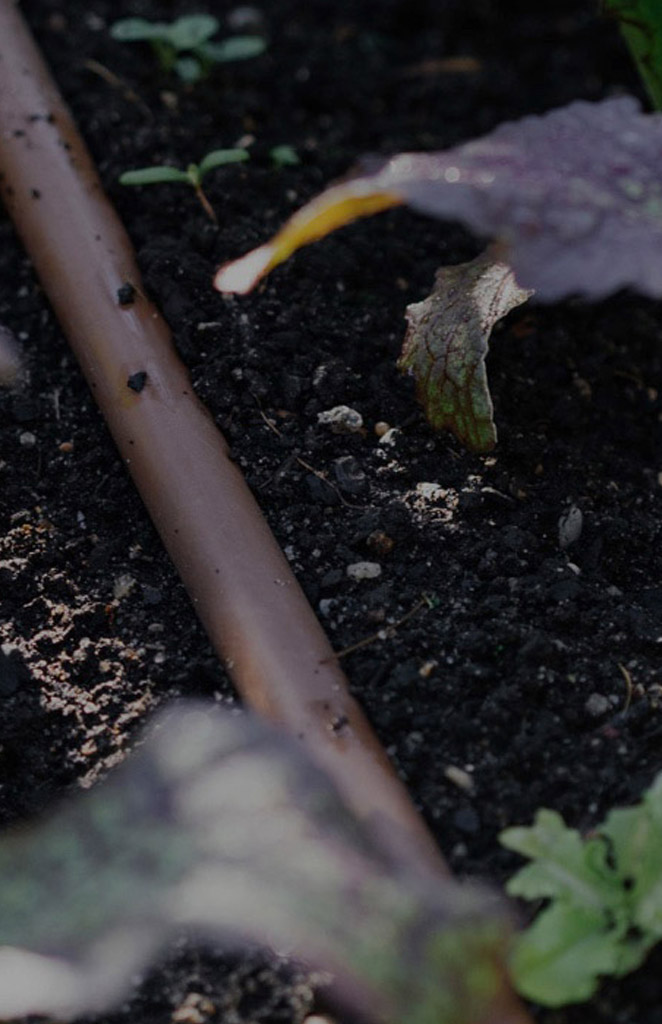
Holding back on installing irrigation because of cost is a false economy; an irrigation system takes a small wedge of the average budget but can save a fortune in plants that would likely die and need to be replaced without it. As you can probably tell, we consider irrigation to be an absolute essential!
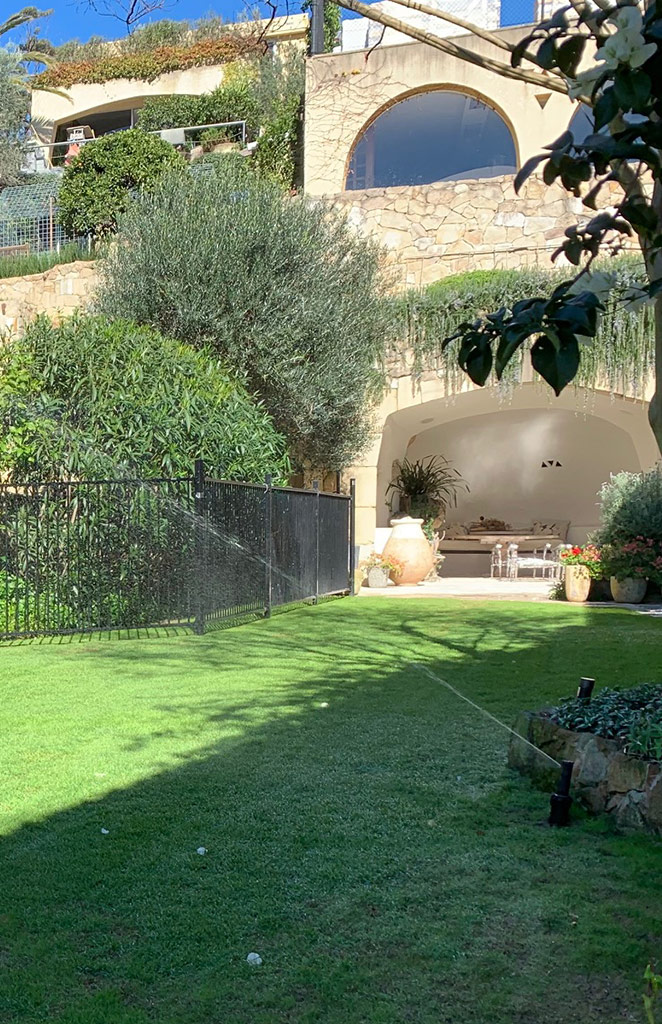
Which irrigation system to choose
There are two main types of irrigation system: drip lines and sprays. Drip lines sit on top of the soil, under the mulch, and seep out water, which is then locked in by the mulch. Spray systems, by contrast, distribute more water on the surface of the garden bed. While we use drip lines most often, there’s more to it than just personal preference, with the decision influenced by factors such as plant choice, soil type and topography of the garden. For example, a garden with sandy soil might be better suited to a spray system, which sprays more water further – water from a drip system, in contrast, will drain too quickly through the soil, rather than emitting out to where it’s needed.

Smarter watering
Tap timers have been around for ages and allow you to set and forget an irrigation system, only fiddling with it seasonally as water needs change from winter to summer. Smart watering systems are the latest update to these simple systems and well worth installing – not only do they allow you to control the irrigation system from your phone, but they also talk to the local weather stations and adjust your watering accordingly. So, if the weather is forecast for a 40 degree day, the system will increase the watering time to compensate.
A smart system can also help with the problem of overwatering, which often happens when people overcompensate for warm weather. By pulling forecasts directly from the weather stations, the smart system can water only when and how much the garden actually needs, making every drop count.
